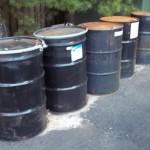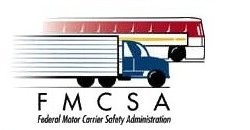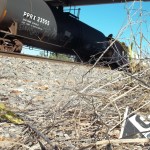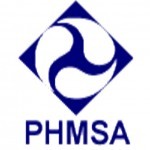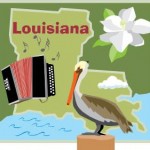On its website the US Government Printing Office makes a wealth of Federal publications available for review and download; one of these is the Federal Register.
Published by the Office of the Federal Register, National Archives and Records Administration (NARA), the Federal Register is the official daily publication for rules, proposed rules, and notices of Federal agencies and organizations, as well as executive orders and other presidential documents.
See below for a brief summary of announcements in the Federal Register by the US EPA on the subject of Hazardous Waste and the Pipeline & Hazardous Materials Safety Administration (PHMSA), Federal Railroad Administration (FRA), and the Federal Aviation Administration (FAA) of the US DOT on the subject of Transportation of Hazardous Materials.
The Federal Register is a great way to look down the road and see potential changes to the regulations long before they are put into effect (sometimes The Rulemaking Process takes years before a final rule is issued, if ever). Knowledge of these potential changes provides you with several advantages:
- Additional time to modify your business operations to comply.
- Awareness of on what topics the regulatory agencies intend to focus their efforts.
- The ability to register your concerns, complaints, suggestions, etc. in order to modify the proposed rule before a final rule is issued. It can be done, really!
- Make changes to your training program to account for changes that become effective before the next training cycle.
- Alert you to the need to re-train your employees prior to their next scheduled training cycle, if necessary.
- Keep you abreast of changes to the regulations that affect your business and/or your industry group.
Please note that this is my best effort to identify the relevant announcements in the Federal Register that may be of interest to generators of hazardous waste and shippers of hazardous materials. I encourage you to review the list of Federal Register publications yourself to ensure regulatory compliance.
April 1, 2015 through April 30, 2015
USEPA – US Environmental Protection Agency:
Publications not related to the management of hazardous waste, solid waste, universal waste, or used oil are not included here.
Rules and Regulations:
Hazardous and Solid Waste Management System; Disposal of Coal Combustion Residuals From Electric Utilities Pages 21301 – 21501 [FR DOC # 2015-00257] PDF | Text | More
Vermont: Final Authorization of State Hazardous Waste Management Program Revisions Pages 21650 – 21654 [FR DOC # 2015-08997] PDF | Text | More
Proposed Rules:
Vermont: Proposed Authorization of State Hazardous Waste Management Program Revisions Pages 21691 – 21692 [FR DOC # 2015-08996] PDF | Text | More
| Contact me with any questions you may have about the management of hazardous waste Daniels Training Services 815.821.1550 |
Notices:
Inquiry To Learn Whether Businesses Assert Business Confidentiality Claims Regarding Waste Import and Export Pages 19080 – 19084 [FR DOC # 2015-08064] PDF | Text | More
Agency Information Collection Activities; Proposed Collection; Comment Request; NESHAP for Hazardous Waste Combustors; Renewal Pages 20223 – 20224 [FR DOC # 2015-08661] PDF | Text | More
FAA – Federal Aviation Administration:
Publications not related to the transportation of hazardous materials are not included here.
Rules and Regulations:
None
Proposed Rules:
None
Notices:
None
FMCSA – Federal Motor Carrier Safety Administration:
Publications not related to the transportation of hazardous materials are not included here.
Rules and Regulations:
Civil Penalties Inflation Adjustments Pages 18146 – 18158 [FR DOC # 2015-07701] PDF | Text | More
Proposed Rules:
None
Notices:
National Hazardous Materials Route Registry Pages 23859 – 24009 [FR DOC # 2015-09701] PDF | Text | More
FRA – Federal Railroad Administration:
Publications not related to the transportation of hazardous materials are not included here.
Rules and Regulations:
None
Proposed Rules:
None
Notices:
Hazardous Materials: Information Requirements Related to the Transportation of Trains Carrying Specified Volumes of Flammable Liquids Pages 22778 – 22779 [FR DOC # 2015-09437] PDF | Text | More
Emergency Order Establishing a Maximum Operating Speed of 40 mph in High-Threat Urban Areas for Certain Trains Transporting Large Quantities of Class 3 Flammable Liquids Pages 23321 – 23326 [FR DOC # 2015-09614] PDF | Text | More
PHMSA – Pipeline and Hazardous Materials Safety Administration:
Publications not related to the transportation of hazardous materials are not included here.
Rules and Regulations:
Clarification on Policy for Additional Name Requests Regarding Fireworks Pages 17706 – 17707 [FR DOC # 2015-07425] PDF | Text | More
Proposed Rules:
None
Notices:
Hazardous Materials: Explosive Approvals-Applicant Contact Information and Compliance With Special Provision 347 Pages 20066 – 20073 [FR DOC # 2015-08470] PDF | Text | More
Hazardous Materials: Delayed Applications Pages 22779 – 22780 [FR DOC # 2015-09354] PDF | Text | More
Hazardous Materials; Notice of Application for Modification of Special Permit Pages 22780 – 22781 [FR DOC # 2015-09356] PDF | Text | More
Hazardous Materials: Actions on Special Permit Applications Pages 22782 – 22784 [FR DOC # 2015-09355] PDF | Text | More
Hazardous Materials: Notice of Application for Special Permits Pages 22784 – 22785 [FR DOC # 2015-09352] PDF | Text | More
Hazardous Materials: Information Requirements Related to the Transportation of Trains Carrying Specified Volumes of Flammable Liquids Pages 22778 – 22779 [FR DOC # 2015-09437] PDF | Text | More
Hazardous Materials: Emergency Response Information Requirements Pages 22781 – 22782 [FR DOC # 2015-09436] PDF | Text | More
Pittsburgh, Pennsylvania Permit Requirements for Transportation of Hazardous Material Pages 23328 – 23328 [FR DOC # 2015-09632] PDF | Text | More
New York City Permit Requirements for Transportation of Certain Hazardous Materials Pages 23328 – 23329 [FR DOC # 2015-09634] PDF | Text | More
Hazardous Materials: Information Collection Activities Pages 23852 – 23854 [FR DOC # 2015-09896] PDF | Text | More
Hazardous Materials: Safety Advisory-Unauthorized Certification of Compressed Gas Cylinders Pages 23851 – 23852 [FR DOC # 2015-09937] PDF | Text | More
Information can be helpful but it’s useless if you are not able to make sense of it. You must be able to determine how any changes to the rules and regulations (final or proposed) will affect your operations, and communicate the necessary information to your personnel. I can help you to do that.
| Contact me with any questions you may have about the transportation of hazardous materials by air, highway, vessel, or railInternational and Domestic Daniels Training Services 815.821.1550 |
Please contact me for a free training consultation to determine your regulatory requirements and how training can help you to attain and maintain compliance with the regulations of the US Environmental Protection Agency (and your state) and the PHMSA, FAA, FRA, & FMCSA of the US Department Of Transportation.


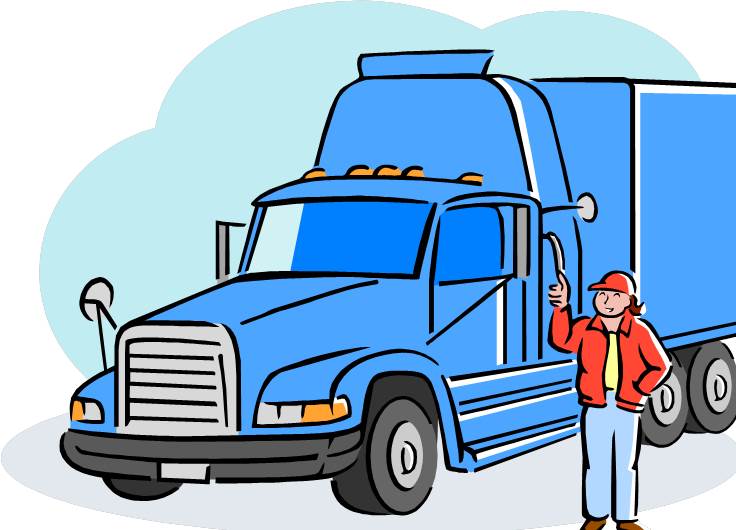


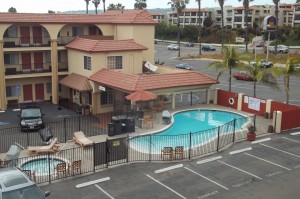
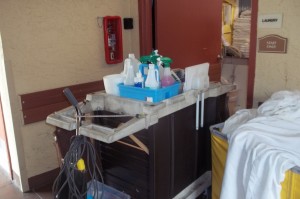
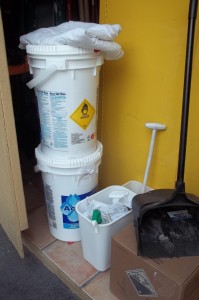
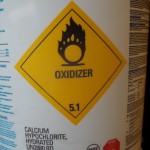
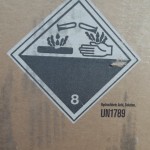
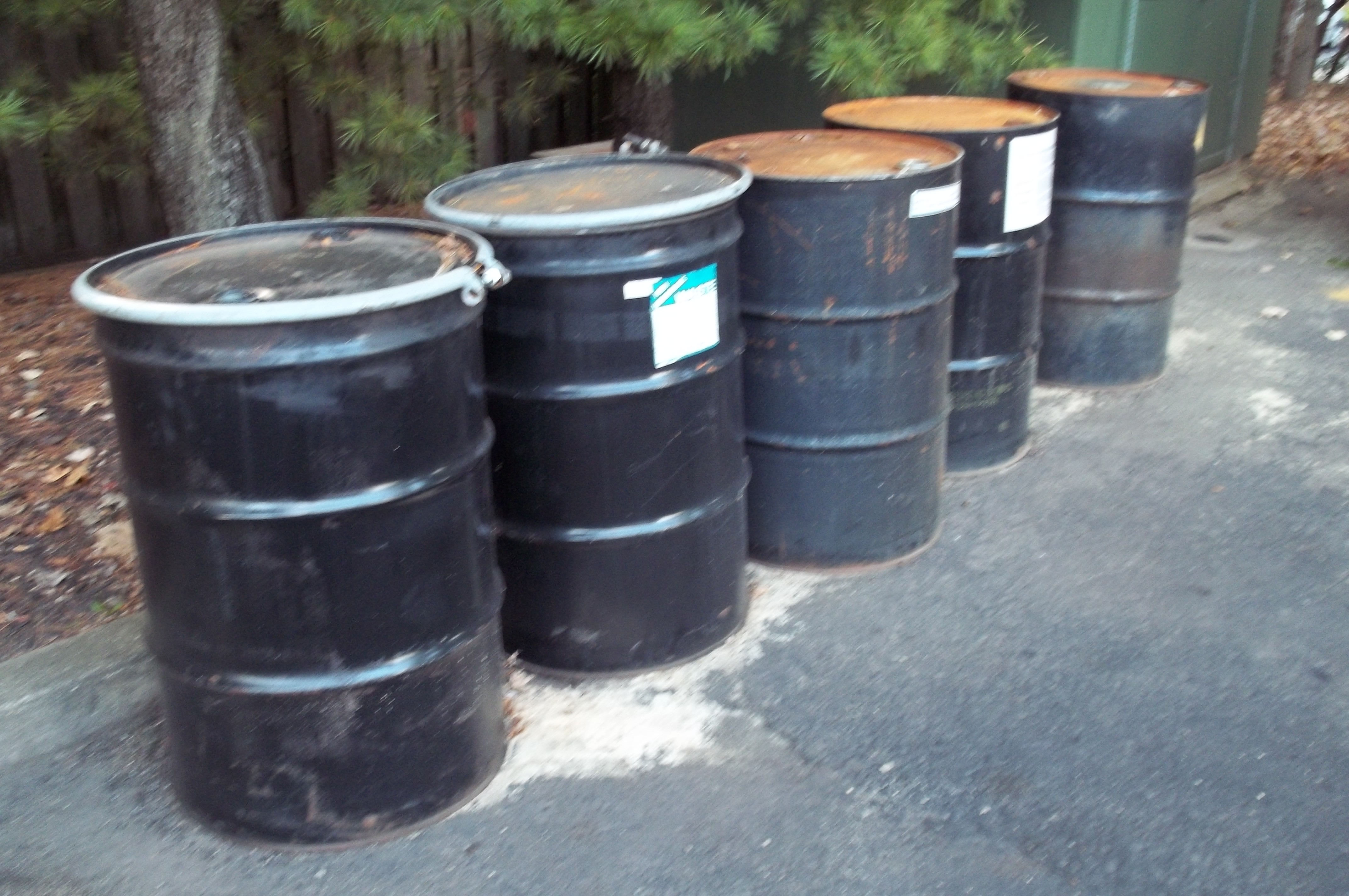
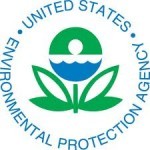 But which ones are the most important? Which of all of the regulations are the ones most likely to result in you receiving a Notice of Violation? While I can’t answer that, I can provide you with a list of what the USEPA – Region 1 considers to be the most common RCRA violations and the citations of the Code of Federal Regulations where the regulation appears.
But which ones are the most important? Which of all of the regulations are the ones most likely to result in you receiving a Notice of Violation? While I can’t answer that, I can provide you with a list of what the USEPA – Region 1 considers to be the most common RCRA violations and the citations of the Code of Federal Regulations where the regulation appears. 
